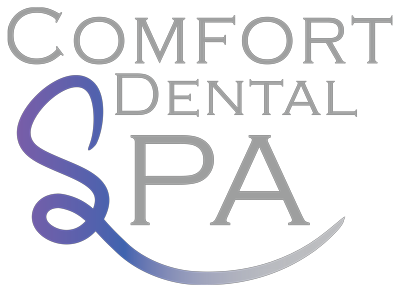Grinding or clenching your teeth (medically known as bruxism) can occur in anyone – from children to seniors. However, most children often grow out of the habit before it raises concern – we can’t say the same for some adults. While most adults will still only grind or clench their teeth temporarily, there are some cases where it becomes a chronic behavior. In this case, your teeth can become physically damaged – chips, cracks, breaks, etc. – putting your oral health at risk. While there are several treatments that can help you to stop grinding your teeth, it’s important to first understand why it’s happening.
What Causes Bruxism?
As an adult, there are several factors that can lead to bruxism, including medical conditions such as acid reflux, Parkinson’s disease, or even as a side effect of some medications (although rare). But the main contributors are:
Malocclusion (Misaligned Bite) – When your teeth aren’t properly aligned, it could lead you to grind or clench them when they come together.
Emotional Factors – One of the most common reasons people suffer from bruxism is due to emotional factors such as anger, frustration, stress, anxiety, etc. As a coping habit to try and relieve some of the tension you may be feeling, you could put pressure on your teeth in an unhealthy way. In fact, emotional facts are one of the main causes of severe cases of bruxism – when the pressure can actually become damaging to your oral health.
Sleep Disorders – Since bruxism often occurs throughout your sleep cycle, it can be associated with other sleep disorders such as sleep apnea.
Are You At-Risk for Bruxism?
For obvious reasons, if your stress level has increased lately, you could be at risk of teeth grinding or clenching – depending on the severity of the situation. However, other factors like caffeine, alcohol, and stimulants (tobacco, amphetamines, etc.) can all contribute to your risk for bruxism. If you notice that your jaw muscles have been sore or tight, your teeth are sensitive, earaches, or even a dull headache – it’s probably better to avoid any of these risk factors as you could be grinding your teeth already.
